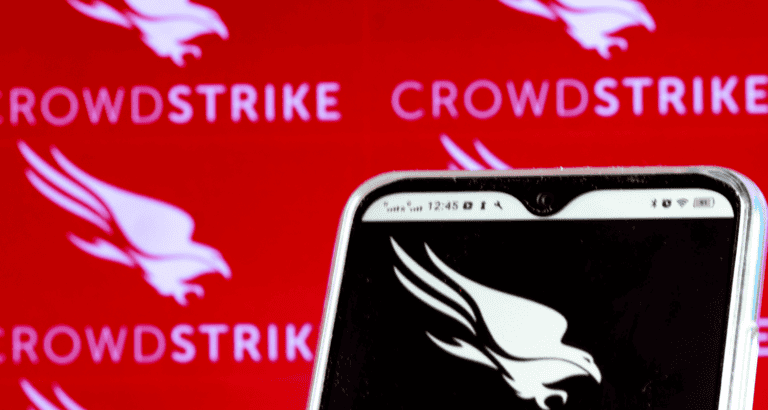This Wednesday, CrowdStrike’s earnings report featured figures both positive and negative. This last quarter, the security company exceeded analysts’ expectations, but the aftermath of the July 19 global IT outage will hurt it for a while.
Earnings per share turned out to be $1.04, compared with a forecast of 97 cents. Total revenue also hit a mark a few million dollars higher than expected at $963.9 million versus the $959 million forecast. This represents annual quarterly revenue growth of a hefty 32 percent. Net income at $47 million was also many times more than the same quarter in 2023, which brought in $8.47 million.
Dark cloud
Still, CrowdStrike has to endure some pain for a while because of the IT outage that made it infamous worldwide on the 19th of July. 8.5 million Windows devices went down due to an erroneous update that we have previously described in detail. American airline Delta recently threatened a lawsuit, although CrowdStrike maintains that its agreement with customers for such software problems maximizes compensation by an amount certainly under $10 million.
Regardless, CrowdStrike is already handing out credits, and that alone has put a damper on this week’s quarterly results. Along with an apology to affected customers, CrowdStrike is providing them with $60 million in credits for its own services. It’s a hefty sum that sent the stock price down by about 2 percent at the end of the day, but a figure that is far from being catastrophic. CrowdStrike’s outlook has also been downgraded for the rest of the year overall. This may relate to potential customers walking away from deals, but that is speculative. It remains to be seen whether the sizable customer base stays together and continues to grow as it has done.
And now ready?
Whether all is said with that remains to be seen. CNN Business notes that the 60 million in compensation is only a fraction of the financial losses suffered by CrowdStrike customers. Delta alone estimates that the cancellation of more than 6,000 of its own flights resulted in a loss of $500 million. Add in the problems for countless hospitals, industrial companies and fellow tech companies, and you arrive at a much higher figure.
However, that simplifies things quite a bit. First of all, while the outage was caused by CrowdStrike, it is incumbent on other organizations to never be completely dependent on a vendor’s perfection. This induces a single point of failure that was on display last July. Also, while Microsoft may not be to blame for any of this, a security summit in September appears to be necessary to make third parties (and perhaps themselves) aware of the dangers of running software in the kernel.
In short, there is still much to learn (and perhaps more to pay) when it comes to the IT failure of July 19. In the end, the damage at CrowdStrike seems to be assessable, in part because it put its house in order after the initial incident. For example, there is now a detailed root cause analysis available and customers can now decide how quickly they want to receive updates and whether this is an automatic process.
Also read: Microsoft holds security summit to prevent CrowdStrike outage repeat
